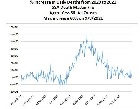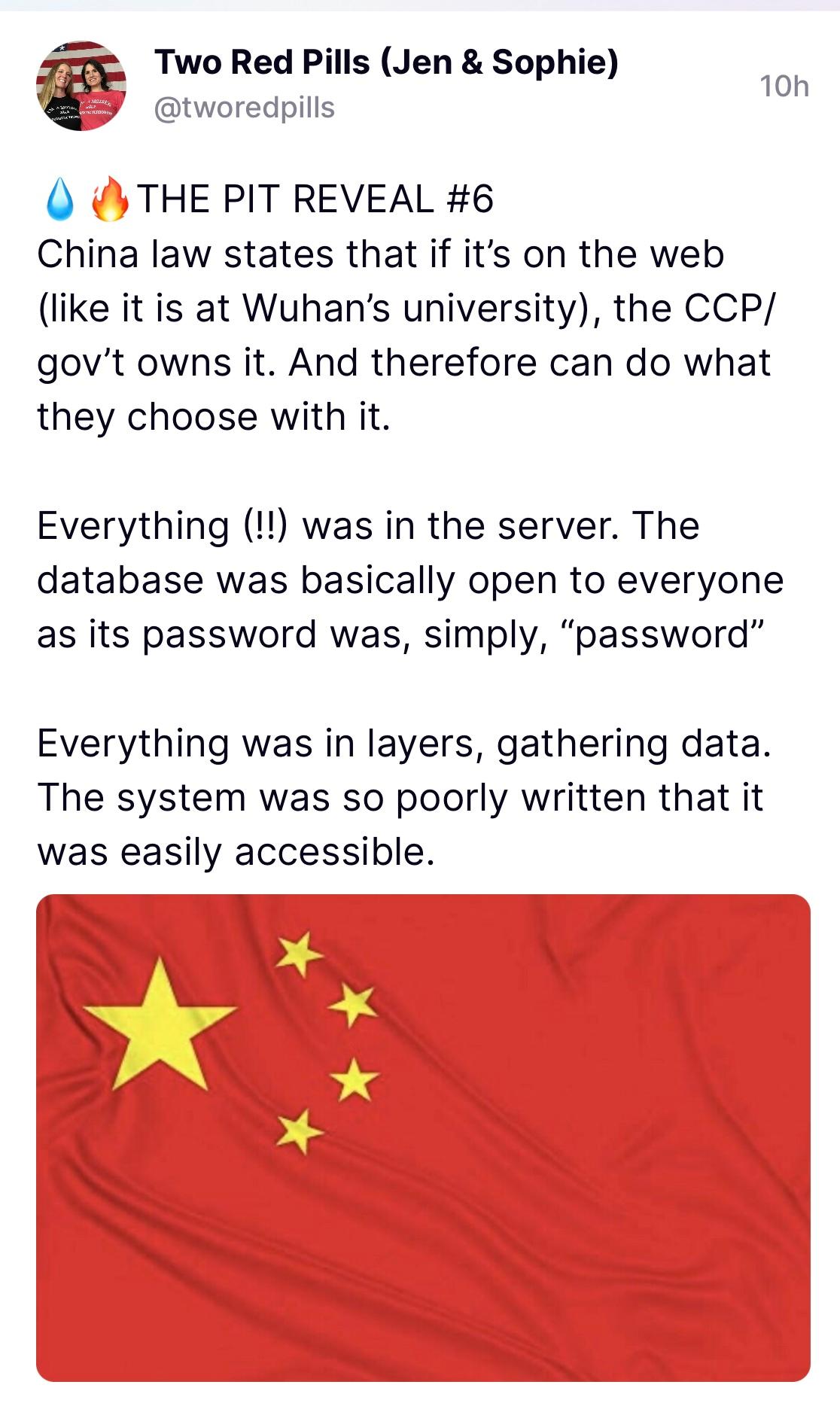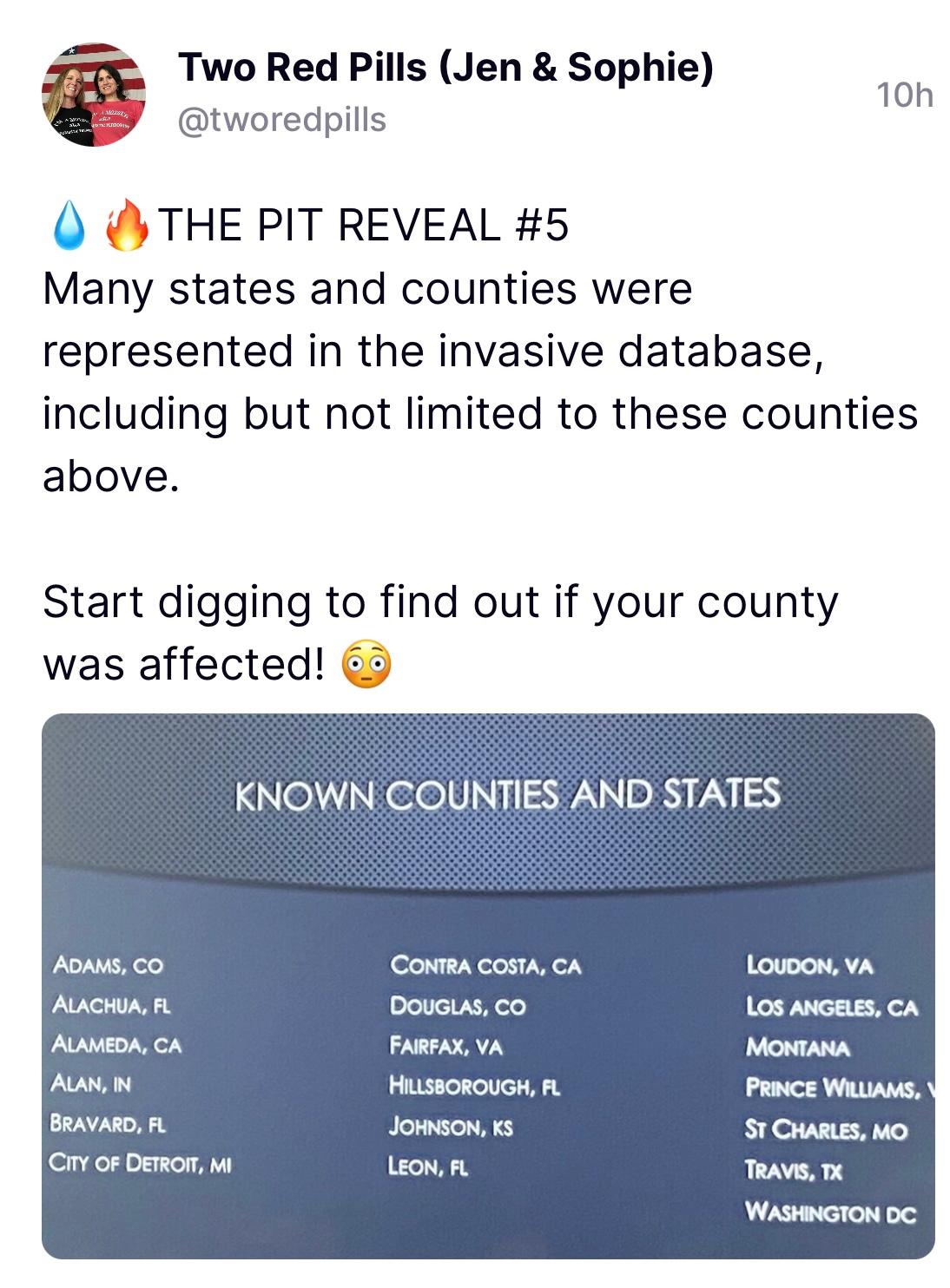


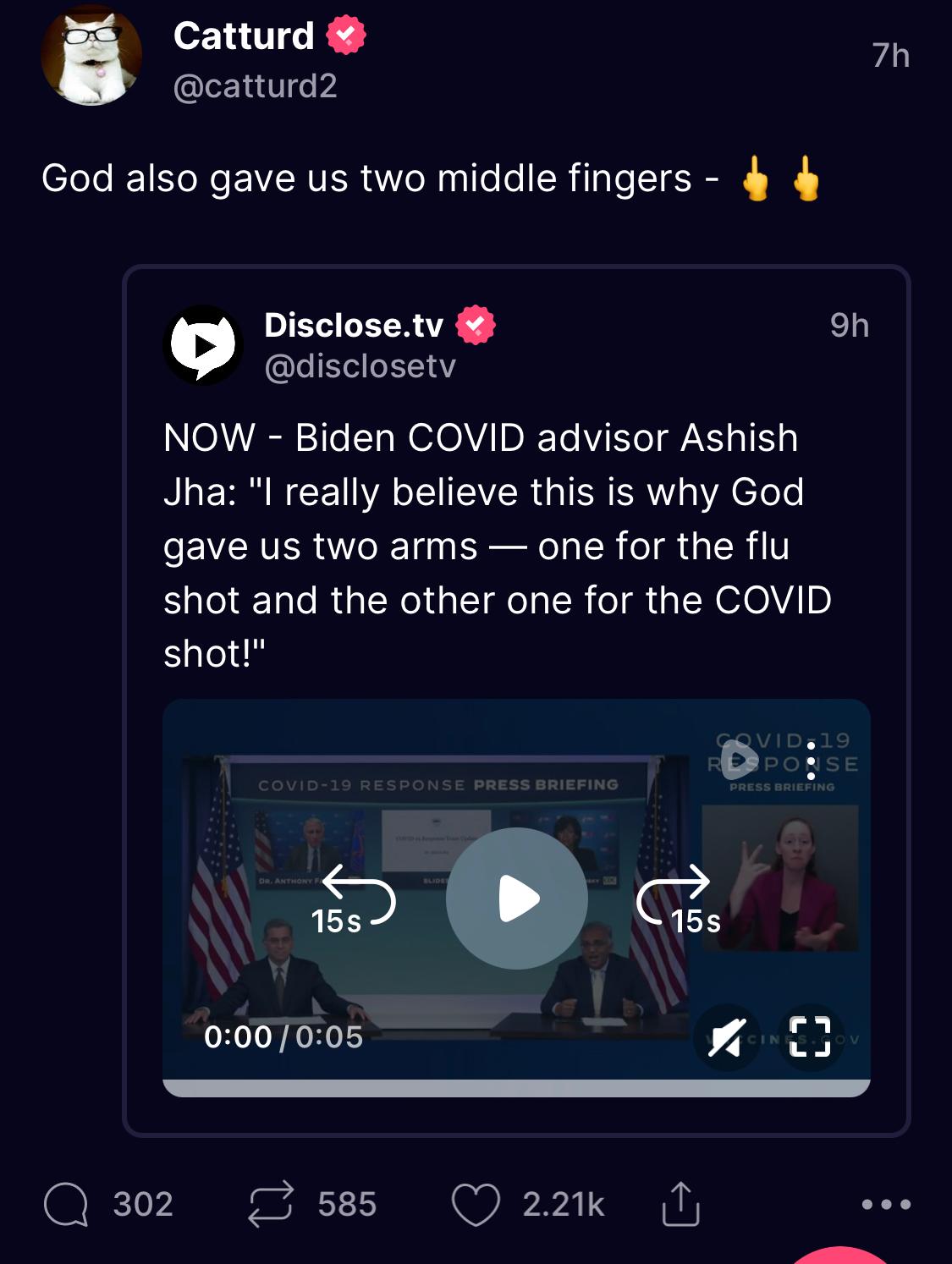
Written by: Simcha Natan through devotional series called “Awakening” (Bible app)
When we are awakened, everything about us changes – our stance and our outlook. The position of our heart changes and our spiritual posture shifts.
Imagine a person trying to go against the flow during London’s rush hour. Imagine getting tossed about, carried by the flow of people all pushing to get onto the Tube. This is a good analogy for our sleepy state. We may try and walk the opposite direction, but we’re not really strong enough or alert enough to get past. We just get jostled and shoved in the direction of the majority.
So many of us are in this position. Our voices are stifled by the growing volume of the world - sometimes even the church. We are quick to betray our authenticity in order to conform to the box we’re surrounded by. If we have our voices and strength sapped from us often enough, so many of us end up allowing our uniqueness to be extinguished, and we become just another shade of grey, amidst the thousands of others out there.
But when we are awakened, a warrior suddenly rises up in us. Our position becomes more intentional; our feet are poised for holding ground. We are not easily swayed, but alert, not allowing ourselves to be moved by oncoming traffic and pressures. Our voice suddenly becomes highly valuable, and we learn that while we may need to craft how we communicate, our authentic voice is one of our gifts. We are a unique creation and therefore represent a unique facet of God’s image, that no one else on earth does.
When we are awakened, we start to see how the seasons we’ve walked through, the tests, the fires and the trials that we’ve faced, are all part of our training. Those smaller valleys and hills we’ve endured were preparation for the mountains and gorges that God wants us to take for His kingdom.
When Joshua took Jericho, he didn’t do it from a command center, through comms, with other people’s boots on the ground. In the same way, we cannot conquer ground we haven’t walked. Walking through things is what enables us to conquer them - but not only that, it gives us the ability to navigate others through the landmines and dangers of that land.
In the kingdom of God, nothing is wasted, and nothing is selfish. When we have put on the armor of God and stood our ground, it’s sometimes the right thing to turn around and see how far He’s brought us. We realize that the hill we’ve just conquered wasn’t Mount Everest after all, but that what we’ve learned along the way will help us on our next quest.
Sometimes there may even be people behind us who need a helping hand with exactly the thing we’ve just been through.
Stepping out and taking new ground requires obedience, determination, persistence in prayer, and a grit to be able to stick to what we’ve heard God say. Joshua didn’t waver in his battle plan of marching around Jericho seven times. Not a single arrow was fired, or sword wielded, not even a shout was heard. They obeyed, they were determined, and they silently and persistently prayed as they walked.
What is your Jericho? And what is the battle plan that God has given you? It may not be conventional! Take time today to ask God for clear vision and strategy, and make a commitment to walk the ground you’re wanting to conquer. This may mean going on a prayer walk, or it may mean using the experiences you’ve already walked through to help others, but whatever the case, taking new ground requires courage. Ask God today for all you need to conquer the new ground He’s giving you.
Healthcare workers will be splitting 10 million in class action suit. https://www.foxbusiness.com/healthcare/health-care-workers-fired-vaccine-mandate-awarded-10-million-settlement
City employees in San Diego allowed to proceed in their lawsuit https://timesofsandiego.com/politics/2022/08/16/judge-lawsuit-challenging-san-diego-vaccine-mandate-for-city-employees-can-proceed/
Big win for the Airmen in Nebraska https://www.ketv.com/article/its-a-big-win-nebraska-airmen-earn-relief-against-covid-19-vaccine-mandate/40735671
Coach suing Washington State University for $25 mil in a tort suit https://mynorthwest.com/3589715/former-wsu-coach-nick-rolovich-sues-washington-state-wrongful-termination/
Vaccine mandate in LA School District struck down https://www.latimes.com/california/story/2022-07-06/judge-strikes-down-lausd-student-vaccine-mandate
Oral Surgeon Renews Suit Against Rhode Island Covid-19 Vaccine Mandate https://apnews.com/press-release/globe-newswire/covid-health-rhode-island-centers-for-disease-control-and-prevention-55eb601b6ab8c6711b3d875cca89dcb5
Prime Minister begging teachers fired over vaccine mandate last year to reapply... say's "It's not a trick!" https://www.entornointeligente.com/ita%C2%80%C2%99s-not-a-trick-pm-says-as-he-again-urges-dismissed-teacher-to-reapply/
In ranked-choice voting, a candidate needs more than 50 percent of the vote to be declared the winner outright. If the front-runner doesn’t have that percentage of the vote, the candidate with the fewest votes that round drops off the ballot, and those who ranked that candidate first will have their votes go to their second choice. The process continues until a candidate has more than 50 percent of the vote.
The state’s special House race election will be the only race with ranked-choice voting on Tuesday, but it will provide a preview of how other candidates running in races such as the state’s Senate election will do in November.

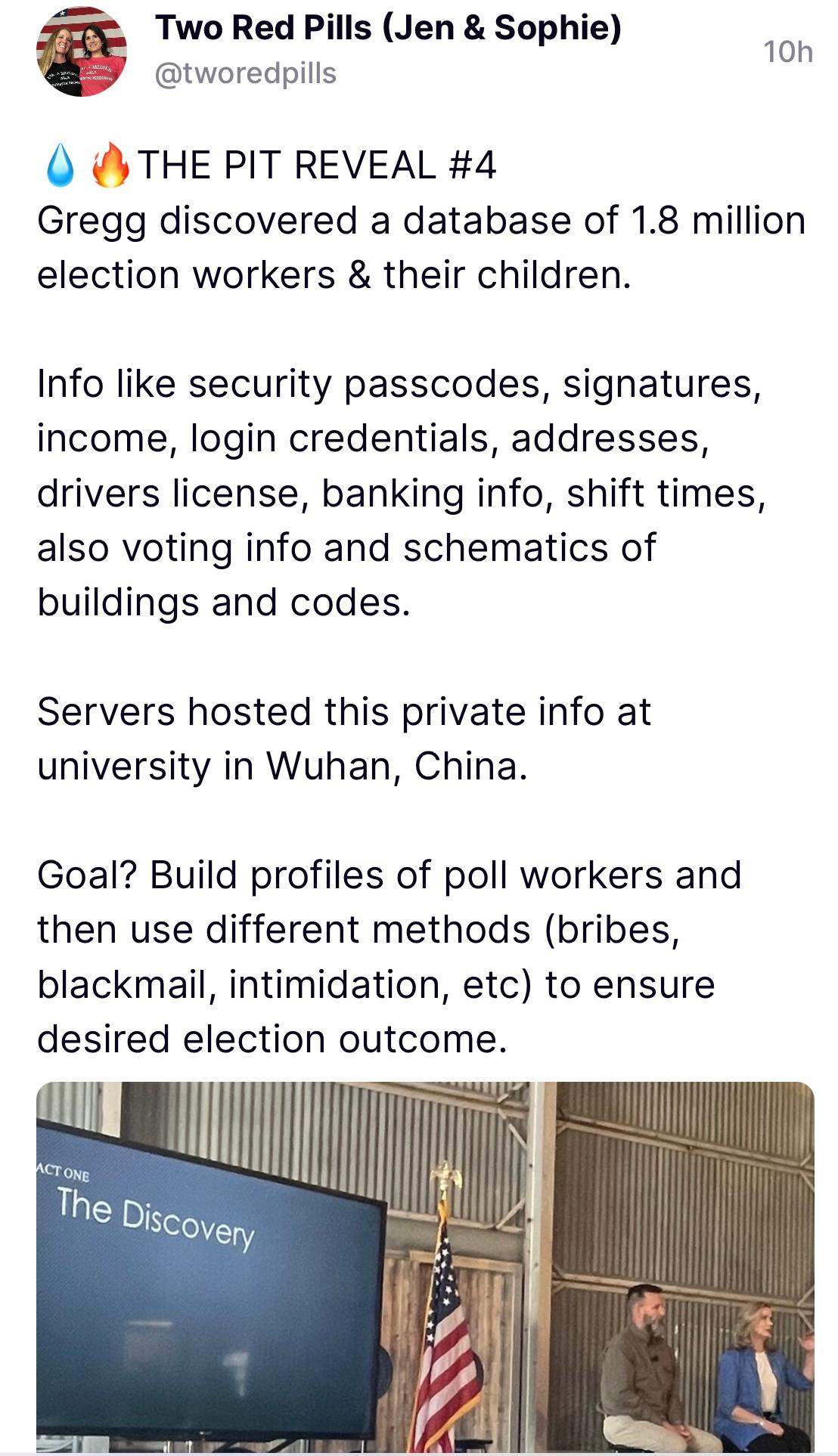
We all have one. Do we trust it? What if we get an emergency alert? Do we act on it, especially in light of today's latest 'news' on FEMA possibly getting hacked unless they get a software update? (https://elzorama.com/livenewss/news/128663/FEMA-warns-emergency-alert-systems-could-be-hacked-to-transmit-fake-messages-unless-software-is-updated) Is that fake news or a message the black hats are trying to get out there to confuse everyone? Are you allowing your phone to do automatic updates? I personally do not allow my phone to ID me with facial or fingerprint recognition. What are you all doing to protect yourself from something you have with you 24/7? Do you have any advise, gut instincts, insider info on what may be in store concerning cell phones? We have to assume Verizon is compromised since they dropped OAN. What about the others? Are they for us or against us? And then there's 5G...


Substack article by Pastor Jimmy Evans (Texas)
God created the Shemitah cycle
Through Moses, to the Hebrew people, God gave this command:
“Speak to the children of Israel, and say to them: ‘When you come into the land which I give you, then the land shall keep a sabbath to the Lord. 3 Six years you shall sow your field, and six years you shall prune your vineyard, and gather its fruit; 4 but in the seventh year there shall be a sabbath of solemn rest for the land, a sabbath to the Lord. You shall neither sow your field nor prune your vineyard. 5 What grows of its own accord of your harvest you shall not reap, nor gather the grapes of your untended vine, for it is a year of rest for the land.”—Leviticus 25:2-5
The Hebrew word Shemitah—which you may also find spelled Shmita or Shemittah—means “let it rest” or “release.” This was a command given for Israel to incorporate upon their arrival in the Promise Land. The Shemitah year was when the ancient Israelites let the land rest.
They would sow their crops and benefit from six years of bountiful harvests, then take a year off to let the land lie fallow. Agriculturally speaking, this helps return valuable minerals and nutrients to the soil after years of those nutrients being depleted by growing crops. During the Shemitah year, all agricultural activity, including plowing, planting and pruning, was forbidden by Jewish law.
God counts time in sevens
The numbers are not arbitrary. God counts time in sevens. God took six days to create the world, then rested on the seventh day. That’s why our calendar weeks are divided into seven days.
But did you know the Hebrew calendar is also divided into seven-year cycles? God also gives this instruction in Scripture:
“And you shall count seven sabbaths of years for yourself, seven times seven years; and the time of the seven sabbaths of years shall be to you forty-nine years.”—Leviticus 25:8
That means every seventh year is a Sabbatical year. Like the seventh day, the Sabbath, this seventh year is considered sacred. Every seventh year was a very special year in the lives of the people of Israel—a year of rest and release.
In the well-known “Seventy Sevens” prophecy given to Daniel about the Messiah, we also see how God keeps time in sevens:
“Seventy weeks are determined For your people and for your holy city, To finish the transgression, To make an end of sins, To make reconciliation for iniquity, To bring in everlasting righteousness, To seal up vision and prophecy, And to anoint the Most Holy.” —Daniel 9:24
In this passage, the word translated “weeks” in English literally means “sevens.” The Tribulation will also last seven years.
Again, God counts time in sevens.
God intended the Shemitah to be a blessing
The Sabbath year also had non-agricultural laws related to it. God commanded that the Shemitah year be a year to forgive debts. This is related to the idea of “resting” or “release.” Deuteronomy 15 talks about this:
“At the end of every seven years you shall grant a release of debts. 2 And this is the form of the release: Every creditor who has lent anything to his neighbor shall release it; he shall not require it of his neighbor or his brother, because it is called the Lord’s release. 3 Of a foreigner you may require it; but you shall give up your claim to what is owed by your brother, 4 except when there may be no poor among you; for the Lord will greatly bless you in the land which the Lord your God is giving you to possess as an inheritance— 5 only if you carefully obey the voice of the Lord your God, to observe with care all these commandments which I command you today.”—Deuteronomy 15:1-5
That meant debts were canceled every seven years, and Scripture calls it “the Lord’s release.” Obviously, this is also related to rest. When you owe someone, you work hard to pay off that debt. Many of us find it difficult to rest or relax when we are indebted to someone.
But when those debts are forgiven, we can finally rest. We can be rejuvenated, like a parcel of land that has been allowed to lie fallow and have its nutrients restored. This is a picture of grace and redemption in the New Testament, because Jesus died to redeem us from a debt we could not pay.
The Shemitah reminds us of God’s grace. He is the source of every blessing.
We are nearing the end of a Shemitah year
We are in the Hebrew year 5782 right now. It began in September of 2021 and it concludes this September at Rosh Hashanah, the Jewish New Year. Rosh Hashanah starts the evening of September 25 and concludes the evening of September 27.
As my friend Rabbi Jonathan Cahn has mentioned in his book, The Mystery of the Shemitah, God not only commanded the Shemitah cycle but also follows it. Historically, significant things have happened during Shemitah years. They have not always been good things. The 9/11 attacks happened during a Shemitah year. The economic collapse of 2007-2008 were during a Sabbath year.
Of course, Rabbi Cahn will be one of the featured speakers at the Tipping Point Prophecy Conference this September—the week before the current Shemitah year concludes. I expect he will have much of interest to say about the topic.
The next few months represent the conclusion of a Shemitah cycle. In late September of this year, we will begin another seven-year period. You know that I do not like to predict anything specific in terms of the Rapture. I have neither the right nor the ability to set the exact dates when the end will come.
But I can tell you what the Bible says. The Bible says that Shemitah years are important, that God takes them seriously, and that He uses them as a time to bless His people and release them from burdens.
Due to war, inflation, persecution, gun violence, heartache and economic turmoil, this year has been an enormously burdensome one for everyone on the planet—including the people of God. I am hopeful that we will find release and rest at some point in the coming months.
If nothing else, I remind you of this: We are in the season of the Lord’s return, and 2022 is a special year.
